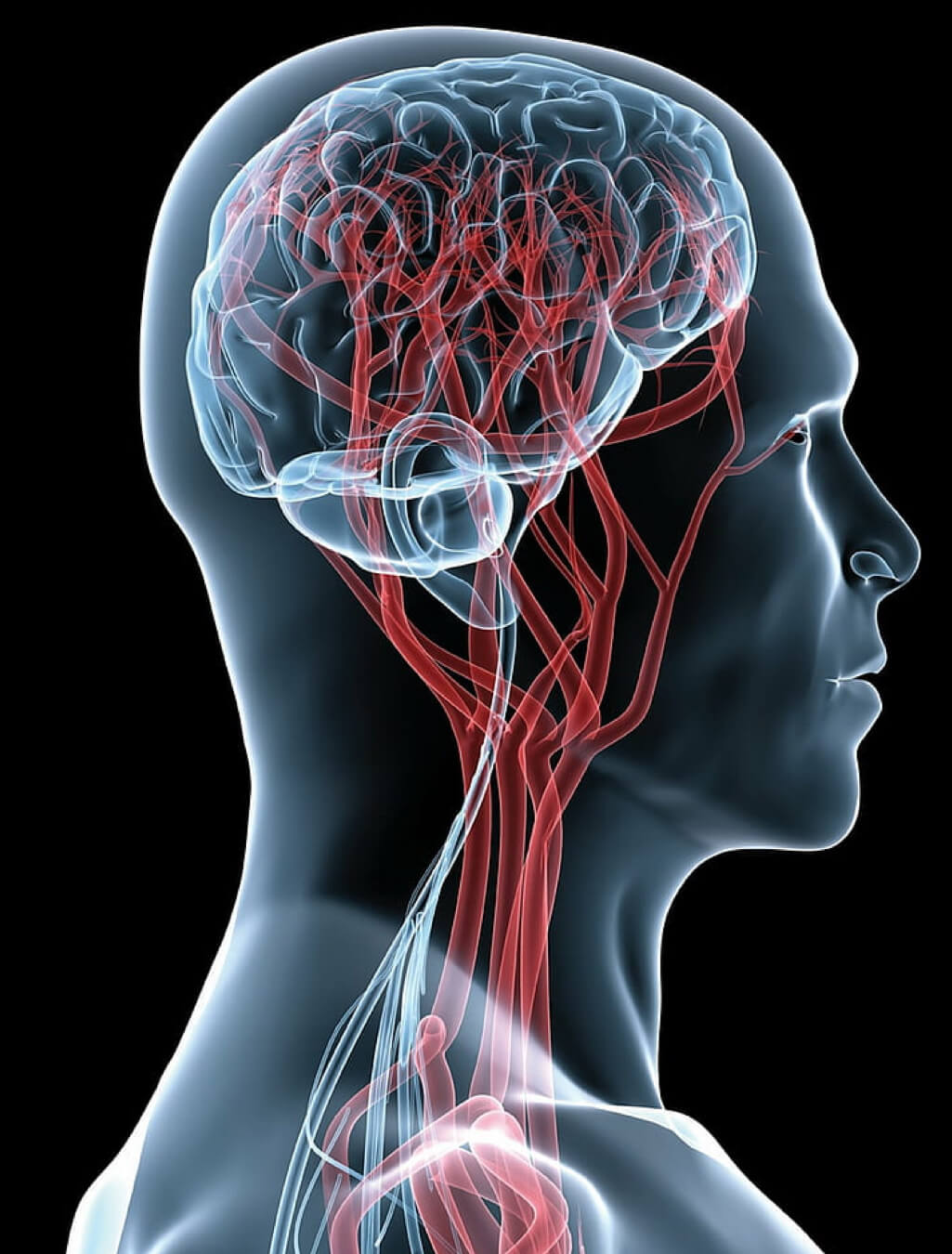Brain Health: Understanding and Promoting Cognitive Well-being
In today’s fast-paced world, maintaining optimal brain health is essential for overall well-being and longevity. As the population ages, the prevalence of neurological disorders and the challenges associated with preserving brain health continue to rise. To address these concerns, it is crucial to understand the concept of brain health and its significance. This article aims to define brain health, explore the impact of major neurological disorders on cognitive well-being, and discuss potential approaches to treatment and prevention.
Defining Brain Health
Brain health encompasses the preservation of optimal brain integrity and mental and cognitive function at any given age, in the absence of overt neurological disorders. While various definitions of brain health exist, most focus on normal brain function, cognition, and the ability to perform daily activities. For instance, the US Centers for Disease Control and Prevention defines brain health as the ability to learn, judge, use language, and remember. The American Heart Association/American Stroke Association describes it as average performance levels among individuals free of known brain diseases or organ system disorders, allowing them to undertake desired activities.
How does well-being relate to health promotion?
Health is more than the absence of disease; it is a resource that allows people to realize their aspirations, satisfy their needs, and cope with the environment in order to live a long, productive, and fruitful life. In this sense, health enables social, economic, and personal development fundamental to well-being Health promotion is the process of enabling people to increase control over and improve their health. Environmental and social resources for health can include peace, economic security, a stable ecosystem, and safe housing. Individual resources for health can include physical activity, a healthful diet, social ties, resiliency, positive emotions, and autonomy. Health promotion activities aimed at strengthening such individual, environmental, and social resources may ultimately improve well-being.
McKinsey’s latest research shows that consumers care deeply about wellness—and that their interest is growing. In a survey of roughly 7,500 consumers in six countries, 179 percent of the respondents said they believe that wellness is important, and 42 percent consider it a top priority. In fact, consumers in every market we researched reported a substantial increase in the prioritization of wellness 2 over the past two to three years.
Better health consistently appears as the most important wellness dimension (and the one with the highest level of spending) across every market McKinsey researched.


Impact of Neurological Disorders on Brain Health
Several neurological disorders can disrupt brain function and impact overall health. These disorders can be categorized into three main groups: brain diseases with structural damage, functional brain disorders with detectable destruction of brain networks, and other brain disorders without detectable impairment. Examples include cerebrovascular diseases, traumatic brain injury, brain tumors, neurodegenerative diseases, mental disorders, and sleep disorders. These conditions can lead to cognitive decline, physical disability, and social dysfunction, thereby affecting brain health in different ways.
Aging and the Burden of Neurological Disorders
As the global population ages, the burden of neurological disorders and the demand for medical resources continue to increase. Age-related changes in the brain and deterioration of its function are key factors contributing to this burden. In 2015, there were approximately 900 million people aged 60 years and above, and this number is expected to reach two billion by 2050. Neurological disorders are the leading cause of disability-adjusted life years and the second leading cause of death worldwide. Conditions such as stroke, migraine, Alzheimer’s disease, and other dementias contribute significantly to the burden of neurological disabilities. The rising prevalence of these disorders poses significant challenges for governments and healthcare systems.
Opportunities and Challenges in Brain Health Research
While brain health research offers numerous opportunities, it also presents significant challenges. Key areas of focus include the assessment of brain health, understanding the mechanisms of brain function and dysfunction, and exploring effective approaches to promote brain health. However, several obstacles hinder progress in these areas. For instance, there is a lack of universally accepted metrics or tools to comprehensively assess brain health. Existing questionnaires and neuroimaging techniques have limitations, such as subjectivity and insufficient resolution. Additionally, the mechanisms behind brain dysfunction in neurological disorders, especially mental and neurodegenerative disorders, are not fully understood. Developing effective prevention and treatment strategies for these conditions remains a challenge. Furthermore, preserving brain function in patients with neurosurgical diseases requires a precise understanding of the relationship between brain structure and function.
Promoting Brain Health: The Six Pillars
To promote optimal brain health, individuals can adopt various lifestyle practices. These practices include physical activity, mental exercise, a healthy diet and nutrition, social interaction, ample sleep and relaxation, and control of vascular risk factors. These six pillars of brain health have been recommended by organizations such as the American Heart Association. Engaging in regular physical activity, stimulating the mind through cognitive exercises, consuming a balanced diet, maintaining social connections, prioritizing restful sleep, and managing vascular risk factors can help preserve brain function and overall well-being.
The Role of Research in Brain Health
Research plays a critical role in advancing our understanding of brain health and developing effective strategies for prevention and treatment. Efforts are underway to develop comprehensive and multidisciplinary metrics or tools to assess and monitor brain function and health. Advances in brain simulation, artificial intelligence, and computational neuroscience offer promising avenues for unraveling the complexities of brain function and dysfunction. Collaborative research initiatives, such as the European Union and China Brain Projects, are driving progress in these areas. By fostering collaboration and knowledge-sharing, researchers can work towards improving the prognosis of brain disorders and promoting overall brain health.
Health and well-being comprise physical health, psychological and emotional stability, and social engagement. Physical wellness involves self-care and a temperate lifestyle
Spinal nerves connect the brain with the nerves in most parts of the body. Other nerves go directly from the brain to the eyes, ears, and other parts of the head. This network of nerves carries messages back and forth between the brain and the rest of the body.
In an ideal world, it would be great to be able to reflect on each choice prior to making it. Yet, under stress, our brains tend to be reflexive rather than reflective. When we are reflexive, we tend to go back to old habits that are the established “default” pathways in our brains. For example, excessive sugar consumption is a risk factor for obesity, yet sugar also decreases the stress hormone cortisol, which is why people may get hooked on it. In general, stress prompts habitual behavior in humans, so dealing
first and foremost with stress is probably advisable when you’re looking to make lasting changes. Luckily, your brain can
change throughout life. This means that decreasing stress could ultimately help your brain become less vulnerable to habit.
Neuroscience can help you live a healthier life.
Andrew Huberman, Ph.D., is a neuroscientist and tenured professor in the department of neurobiology and by courtesy, psychiatry, and behavioral sciences at Stanford School of Medicine.
Huberman Lab discusses neuroscience: how our brain and its connections with the organs of our body control our perceptions, our behaviors, and our health.https://hubermanlab.com/
Conclusion
Brain health is a multifaceted concept that encompasses the preservation of optimal brain integrity and cognitive function. Understanding brain health and its significance is crucial in addressing the increasing burden of neurological disorders. By defining brain health, exploring the impact of neurological disorders, and promoting research and preventive measures, we can work towards maintaining cognitive well-being and enhancing overall quality of life. Through ongoing research and collaboration, we can unlock the mysteries of the brain and develop effective strategies to promote brain health for individuals of all ages.
Ref:
https://www.youtube.com/@BeInspiredChannel
https://www.health.harvard.edu
Centers for Disease Control and Prevention. Healthy aging. What is a healthy brain? New research explores perceptions of cognitive health among diverse older adults.
Gorelick PB, Furie KL, Iadecola C, et al. Defining optimal brain health in adults: a presidential advisory from the American Heart Association/American Stroke Association.
WHO Global Health Ethics team. Ageing.
GBD 2016 Neurology Collaborators. Global, regional, and national burden of neurological disorders, 1990-2016: a systematic analysis for the Global Burden of Disease Study 2016.
Feigin VL, Nguyen G, Cercy K, et al. Global, regional, and country-specific lifetime risks of stroke, 1990 and 2016.
Alzheimer’s Disease International. World Alzheimer Report 2018. The state of the art of dementia research: new frontiers.
Modi HN, Singh H, Yang GZ, Darzi A, Leff DR. A decade of imaging surgeons’ brain function (part I): Terminology, techniques, and clinical translation.
Gordon MF, Lenderking WR, Duhig A, et al. Development of a patient-reported outcome instrument to assess complex activities of daily living and interpersonal functioning in persons with mild cognitive impairment: The qualitative research phase.
Yuste R, Bargmann C. Toward a Global BRAIN Initiative.
Lake BM, Ullman TD, Tenenbaum JB, Gershman SJ. Building machines that learn and think like people.
Hassabis D, Kumaran D, Summerfield C, Botvinick M. Neuroscience-inspired artificial intelligence.







